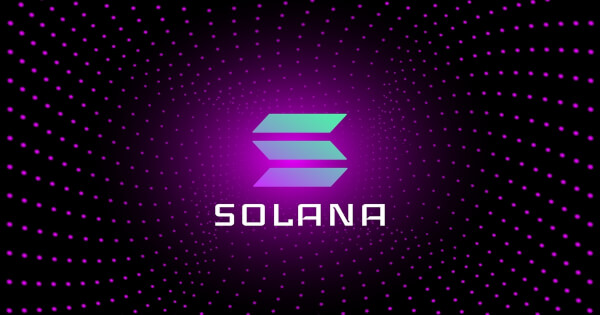The neck-to-neck battle among Solana (SOL), Cardano (ADA), Ethereum (ETH), and Polkadot (DOT) continues because they have gained the upper hand in different crypto areas like decentralized finance (DeFi), non-fungible tokens (NFTs), and staking.

Even if Ethereum takes the lion’s share in DeFi, Solana is the victor when it comes to staking with a value of $78.49 billion, according to crypto insight provider Staking Rewards.
Cardano comes second with $42.92 billion, representing 70.67% of the total value.
Ethereum 2.0 and Polkadot wrap-up the top four staked cryptocurrencies with $33.9 billion and $23.68 billion, respectively.
Staking entails locking up crypto assets for a certain period of time to assist a blockchain network in functions like the confirmation of transactions. In return, investors earn interest or rewards.
This investment strategy is available in cryptocurrencies using the proof-of-stake (POS) consensus mechanism, deemed more cost-effective and energy-efficient.
Ethereum 2.0 is a deposit contract that intends to transit the current proof-of-work (POW) framework to a POS model.
Meanwhile, Solana has been experiencing overwhelming institutional interest, which played an instrumental role in its listing on Bloomberg’s crypto terminal, after Bitcoin and Ethereum.
Solana is one of the sought-after networks in the Defi and NFT industries because of its relatively lower fees and high speeds because it merges the proof-of-history with the proof-of-Stake.
For instance, Solana can perform more than 1,000 transactions per second (TPS), which is about 60 times more than the current Ethereum network’s capability of about 15 TPS, according to data from Blockchair and Solana Beach.
As a result, its NFT secondary sales recently reached $500 million in just three months. Therefore, Solana continues to stamp its authority in the crypto space, given that it has surged by at least 15,000% on a year-to-date basis.
Image source: Shutterstock